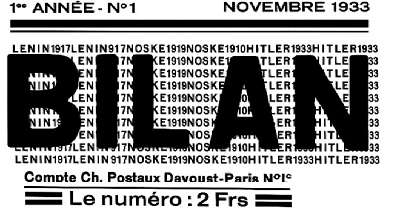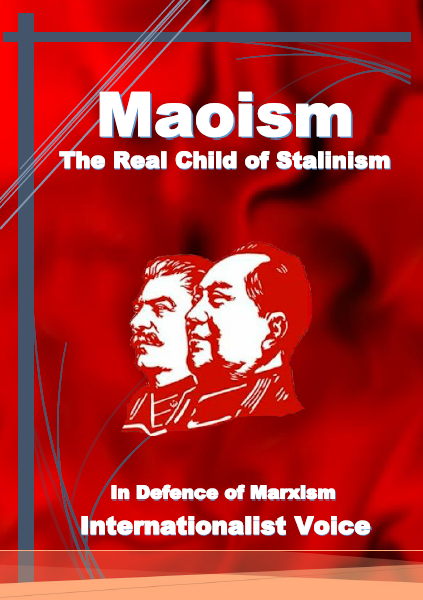Nationalism Is a Deadly Poison for the Class Struggle
Since nationalism is nothing to do with class struggle, the question is, what is nationalism and what does this question means in various era of capitalism, the period of capitalist development, as well as during the period of capitalist decay? What impact does nationalism have on class struggle? Furthermore, what is the Marxist definition of state, nation and imperialism? What kinds of approaches and beliefs did Marxists such as Marx, Engels, Lenin and Rosa Luxemburg have?
What was the position of the communist left on this issue? When will man’s oppression of human beings cease? In this booklet, we will try to formulate some answers to all these questions by examining the evolutionary process of capitalism. Therefore, we will try to refer to past experiences as much as possible by effectively applying real Marxist beliefs.
Table of Contents
- Introduction
- The national issue during the rise of capitalism
- The full support for the self-determination of nations or conditional aid
- “Workers of the world, unit!” instead of “Proletarians in developed countries, unite!” or “Classes in non-developed countries, unite!”
- When the whole capitalist system became decadent
- The nature of the First World War
- The national question within decadent capitalism
- Lenin and the national question
- Luxemburg and the national question
- Luxemburg and the united German Republic question
- Is imperialism a major (economic and military) oppressive power?
- Are all states (regardless of their size, wealth, power etc.) imperialist?
- What is a Marxist definition of imperialism during the decadent period of capitalism?
- National liberation wars are pawns in imperialist conflict
- Class against class instead of “nation against nation”
- Basic Positions:
DOWNLOAD AZ PDF















